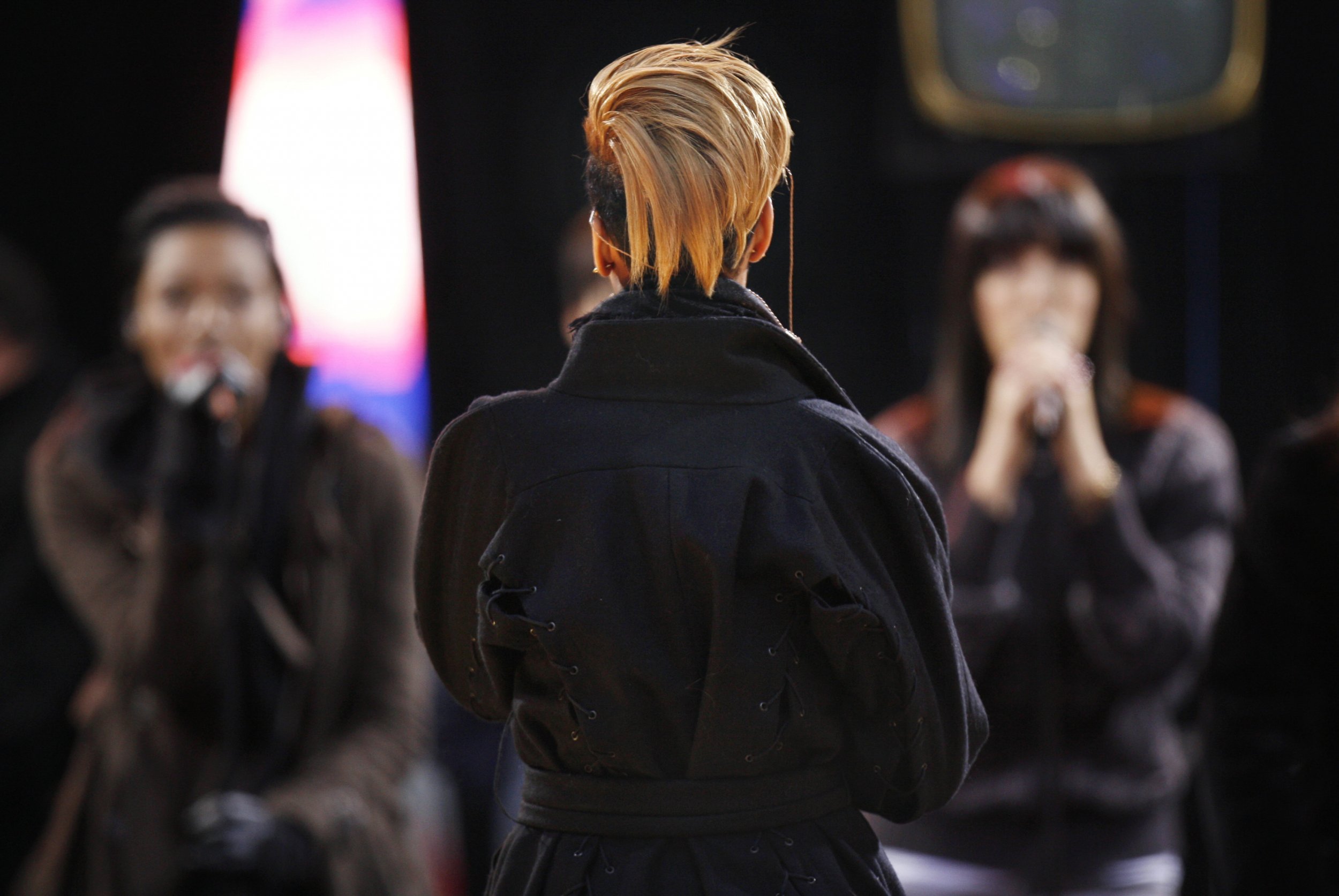
On Monday, veteran music critic, author and senior editor at Pitchfork Jessica Hopper posed a simple question to Twitter.
Gals/other marginalized folks: what was your 1st brush (in music industry, journalism, scene) w/ idea that you didn't "count"?
— Jessica Hopper (@jesshopp) August 24, 2015Soon she was bombarded not with a handful but hundreds of replies from people sharing their experiences of misogyny, sexism and racism while working in the industry. As of press time, Hopper said she'd received upwards of 400 responses in 24 hours.
The thread is an often shocking, occasionally wrenching and ultimately necessary read. It details casual sexist remarks, such as assumptions that female journalists are groupies or assistants, to harrowing accounts of sexual violence and blatant racism. Perhaps what's most shocking is not how everyone from all walks of the music industry—managers, esteemed authors and musicians, tour managers, crew members, journalists and editors all drop in—has a story to tell here, but how universal these experiences are for so many.
@jesshopp sexually assaulted while shooting at a venue, then having the guard tell me "I was standing In the wrong section" (I was press)
— 𝖒 (@thirdgrey) August 26, 2015
@jesshopp I remember being told by another merch girl to wear a fake wedding ring at shows to stop *some* of the guys from hitting on you.
— Laura Glu (@LauraGlu) August 26, 2015
@jesshopp Being asked to leave backstage (with my toddler in tow) because girlfriends weren't allowed. I was in the band.
— Caroline Brooks (@carobeelove) August 26, 2015
Since posing the question, Hopper has been retweeting the many, many replies and offering words of encouragement to the people who've shared their tales in gripping detail. The question has since evolved into a larger online conversation about presumptions made about women and minorities spanning all facets of the music and entertainment industries—and people are paying attention.
Read @jesshopp's feed today for RT's of women & others being marginalized in the music world. We're supposed to be so much better than this.
— Ted Leo (@tedleo) August 25, 2015
NB tut-tutting dudes who think fem writer tales of music-biz bullshit STILL being shared on @jesshopp have nothing 2 do w/ya: check y'self.
— Will Hermes (@WilliamHermes) August 26, 2015
every man who reads Jessica Hopper's timeline would do well to not write this off as a "music industry" thing - we pull this shit constantly
— brad (@bshoup) August 26, 2015
Hopper recently released an essay collection documenting her twenty-plus years of music criticism work, The First Collection of Criticism by a Living Female Rock Critic.
Correction: A previous version of this article stated that Jessica Hopper's book documented 2+ years of her music criticism work. This article has been amended to reflect that Jessica Hopper's book documents her twenty-plus years of music criticism work.
Uncommon Knowledge
Newsweek is committed to challenging conventional wisdom and finding connections in the search for common ground.
Newsweek is committed to challenging conventional wisdom and finding connections in the search for common ground.
About the writer
Paula Mejia is a reporter and culture writer. Her work has appeared in The Guardian, Rolling Stone, The A.V. Club, Pitchfork, ... Read more





